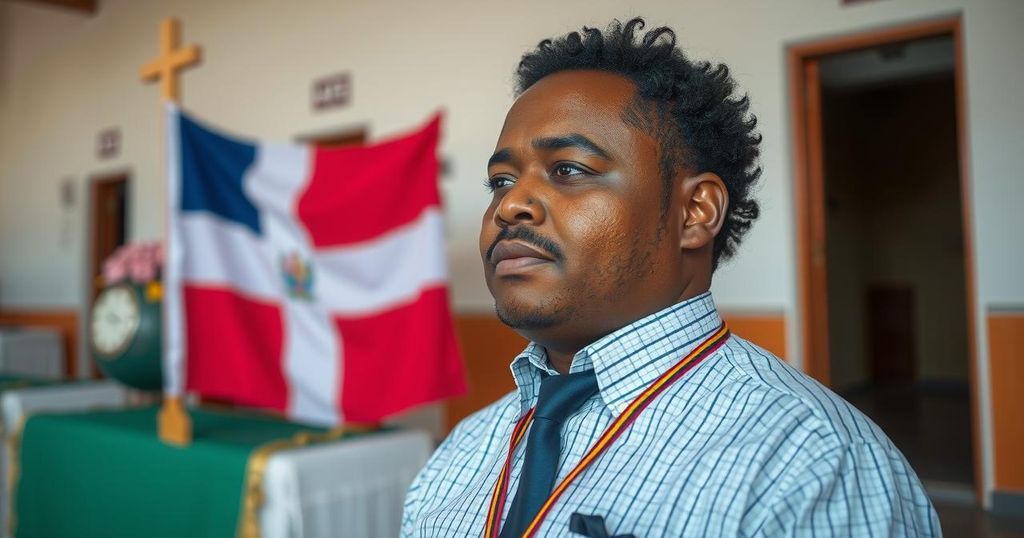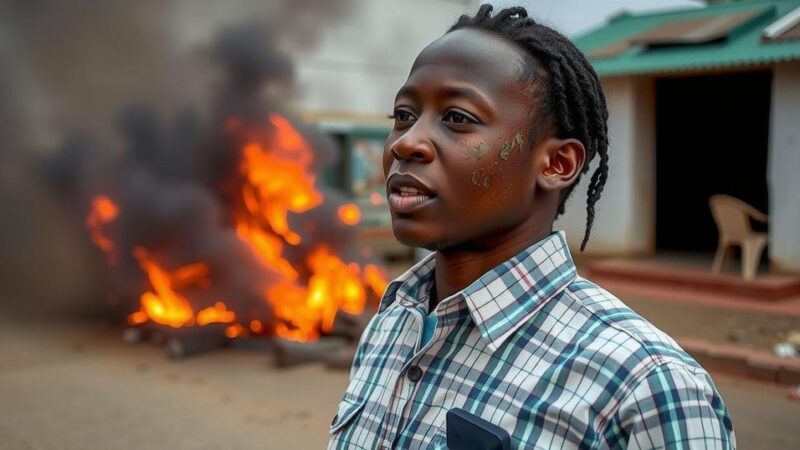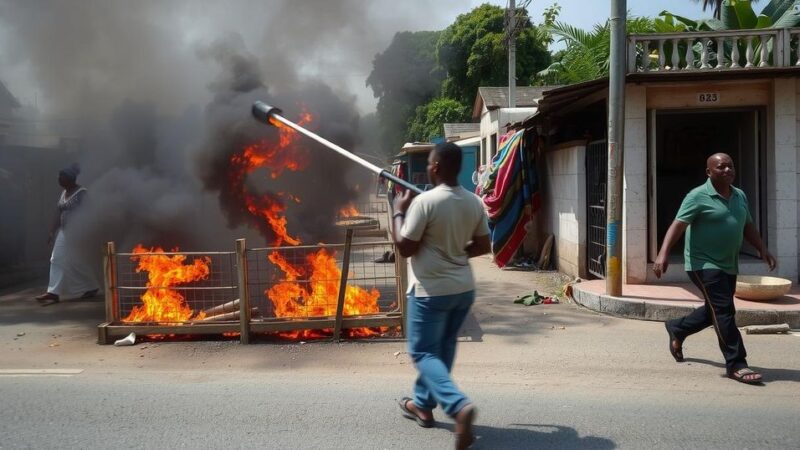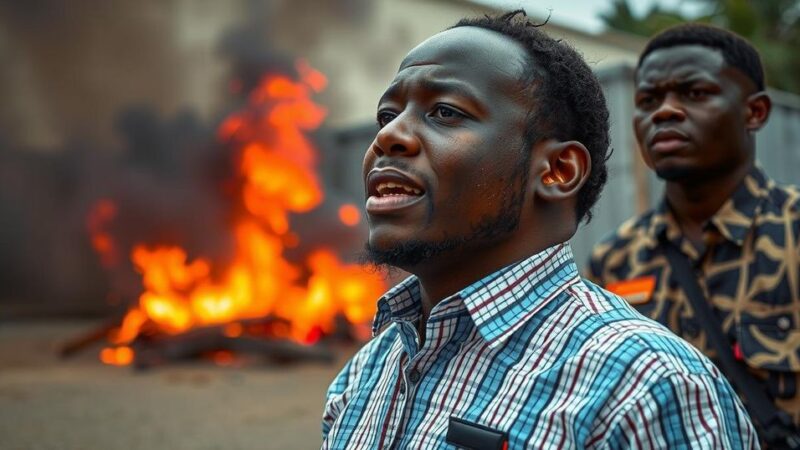Church groups protest the Dominican Republic’s plan to deport 10,000 undocumented Haitian refugees weekly, citing worsening conditions for Haitians amid government hostility and discrimination. Activists call for justice and respect for human rights, urging the international community to intervene against the inhumane treatment of immigrants.
Church organizations are raising their voices against the Dominican Republic government’s recent initiative to deport 10,000 undocumented Haitian refugees each week, a decision announced by President Luis Abinader on October 2. The Dominican Republic shares the island of Hispaniola with Haiti, and President Abinader’s strong opposition to Haitian refugees played a significant role in his re-election. Activists highlight that the government’s handling of this immigration crisis has worsened the conditions of Haitians living in the country, with many fleeing worsening humanitarian crises at home.
Reports indicate that the dire conditions in Haiti have led approximately 700,000 Haitians to relocate within their country in recent months, while another 500,000 have sought refuge in the Dominican Republic. Scalabrinian Father Agler Cherizier emphasizes that the government’s justification for deportations — supposedly linked to border security — is fundamentally flawed. No nation, he asserts, has the right to mistreat foreigners, emphasizing that “The life of each human being is sacred and inviolable.”
Moreover, the priest and other advocates point out that the government’s policies have sparked increased hostility toward Haitians, leading to widespread discrimination. This sentiment is echoed by Scalabrinian Sister Eugenia Vásquez, who notes a surge in persecution of Haitians since the announcement of the deportation plan. Sister Vásquez elaborates that such measures jeopardize the safety of numerous Haitian families, as the government employs arbitrary deportations and family separations.
The international community is urged to support justice and compassion toward Haitian migrants. CLAMOR, a network focused on migration issues, has publicly criticized the Dominican government’s actions and called for an end to unjust treatment of immigrants. The organization’s letter stresses that many deportees are living legally in the country but lack proper documentation due to systemic issues.
Community leader Abdias Chancy asserts that current immigration policies effectively close the door on Haitians seeking refuge. He describes the dangers endured by those attempting to cross into the Dominican Republic by treacherous routes, while advocating for the respect of human rights amid rampant abuses by law enforcement against Haitians. Chancy’s experiences underscore the lack of avenues for redress and the pervasive injustices faced by Haitian migrants in the Dominican Republic.
Overall, the Dominican Republic’s current approach toward Haitian refugees raises ethical concerns about human rights and the state’s obligations toward vulnerable populations. Calls for re-evaluation of deportation policies and the creation of just and humane immigration practices resonate strongly among Church leaders and activists alike.
The Dominican Republic, sharing the island with Haiti, faces a complex immigration crisis fueled by the dire humanitarian conditions in Haiti. The Republican government, under President Luis Abinader, has adopted a strict and hostile approach towards Haitian migrants, which is intertwined with national security claims. Catholic organizations, working across both nations, attempt to highlight the deteriorating circumstances for Haitians living in the Dominican Republic and call for policies grounded in respect for human rights and dignity.
In summary, the Dominican Republic’s strategy of mass deportations of Haitian refugees has raised serious ethical and humanitarian concerns. Church organizations and human rights activists continue to advocate for the respect of Haitian migrants’ rights, emphasizing the need for a just and humane immigration policy. The ongoing situation illustrates the challenges faced by vulnerable populations amid political and economic adversities, underscoring the importance of addressing these issues through dialogue and compassion.
Original Source: cruxnow.com







